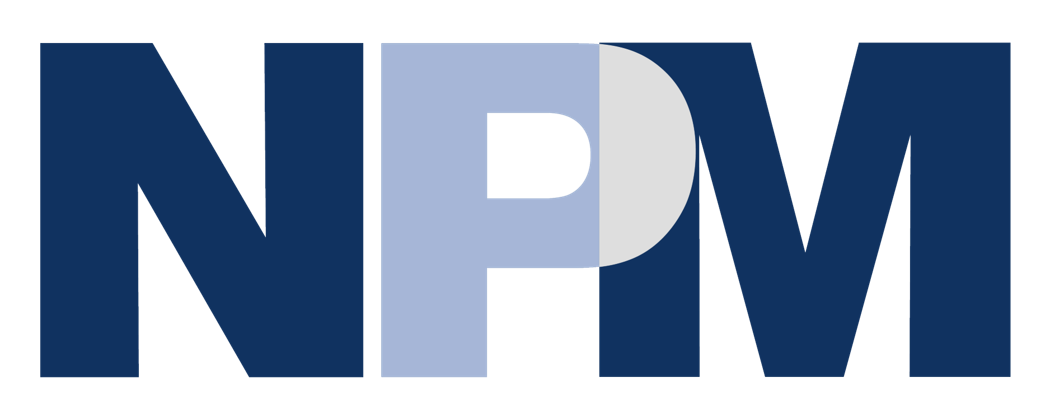OneEnergy director discusses community solar legislation brewing in Washington State
The Washington State House Committee on the Environment and Energy is expected to meet in September for an informational hearing on legislation that could activate community solar development in the state, said Derek Chernow, Coalition for Community Solar Access (CCSA) Western Regional Director, in an interview with NPM.
Community solar legislation was first proposed in January 2023 under HB 1509 by Representative David Hackney, D-Tukwila, but the bill was held after introduction.
“We wanted time to build out a broader coalition, work with more partners and educate legislators a little more," Chernow said, adding that Representative Hackney is fully committed to sponsoring the bill next session.
The Washington State Legislature reconvenes in January 2024.
Washington is home to the first community solar project in the country--a 36 kWh system developed in 2006 in the City of Ellensburg. The state has since "languished", trailing Delaware in the amount of installed capacity, Chernow said. HB 1509 is expected to kick start the market.
HB 1509 proposes an uncapped market with a focus on low-income customers to ensure the state is capitalizing on incentives created by the Inflation Reduction Act (IRA).
“Program caps have been a significant barrier in many states,” Chernow said, adding that it would also hamper the reliability, resiliency, and equity goals of the bill.
At least half of the total community solar program generating capacity will need to be subscribed to by low-income subscribers or low-income service provider subscribers. Washington has 3.2 million renters and 700,000 low-income residents, multifamily housing, and homes with roofs too old to host solar, according to CCSA.
Projects would remain under 5 MW and could include battery storage systems.
"Today, community solar in Washington is capped to projects no larger than 1 MW—which is largely uneconomical," said Kate Larkin, OneEnergy Renewables Director of Development, in an interview with NPM. "This bill would expand the cap to 5 MW, increasing the number of residents that each project can serve and the finance-ability of investing millions of dollars into project construction and grid upgrades."
The Seattle-based developer has more than 4 GW in their pipeline across 19 states. They have developed and sold more than 120 projects, totaling more than 1.2 GW of assets over the last 14 years.
"We are a mission-driven company looking to ensure that communities have the power to secure their energy future with clean and reliable electricity, and we believe that community solar is the most effective tool to achieve this future," Larkin said. "Yet, in our home state of Washington, the laws currently do not foster investment from community solar developers like us and leave millions of renters, low-income residents, and multi-family housing without access to the financial and environmental benefits of solar."
OneEnergy has developed more than 70 MW of community solar projects in states like New York, Illinois, and Maryland, representing hundreds of thousands of dollars in local spending, and they'd "jump at the chance to bring that experience and business home,” Larkin said.
The Utilities and Transportation Commission would be tasked with adopting rules to implement the program by April 2024 and requiring investor-owned utilities to file the tariffs, agreements, or forms necessary for implementation. Developers and subscription managers would also need to register with the commission before engaging in business in the state. Commission staff would also establish and maintain a public queue of pre-certified projects, the bill states.
Costs incurred by utilities during the development and implementation of the program would be recoverable in the utility's rates. However, costs associated with the utility developing a project would be excluded.
Developers will also be able to take advantage of incentives stemming from a 2022 bill that passed through the legislature that provided grants to community solar projects. But with no program in place, the bill made little impact.
HB 1509 takes advantage of the incentives that took effect in July 2022 and will continue through 2033. Developers could apply to the Washington State University Extension Energy Program to receive pre-certification for community solar projects. Approved applications will have two years to complete the project to apply for full certification. The program authorizes the utility to remit a one-time low-income community solar incentive payment to the project administrator. Certified projects could receive up to USD 20,000 per project. The program should not exceed USD 100m in certifications over the span of the program. The first fiscal year would reserve USD 300,000 for the program and USD 25m every two years that follow.
Certification means the authorization issued by the Washington State University extension energy program establishing community solar project administrator’s eligibility to receive low-income community solar incentive payment from the utility.
*This story was originally published exclusively for NPM subscribers last month.
New Project Media (NPM) is a leading data, intelligence and events company dedicated to providing origination led coverage of the renewable energy market for the development, finance, advisory & corporate community.


